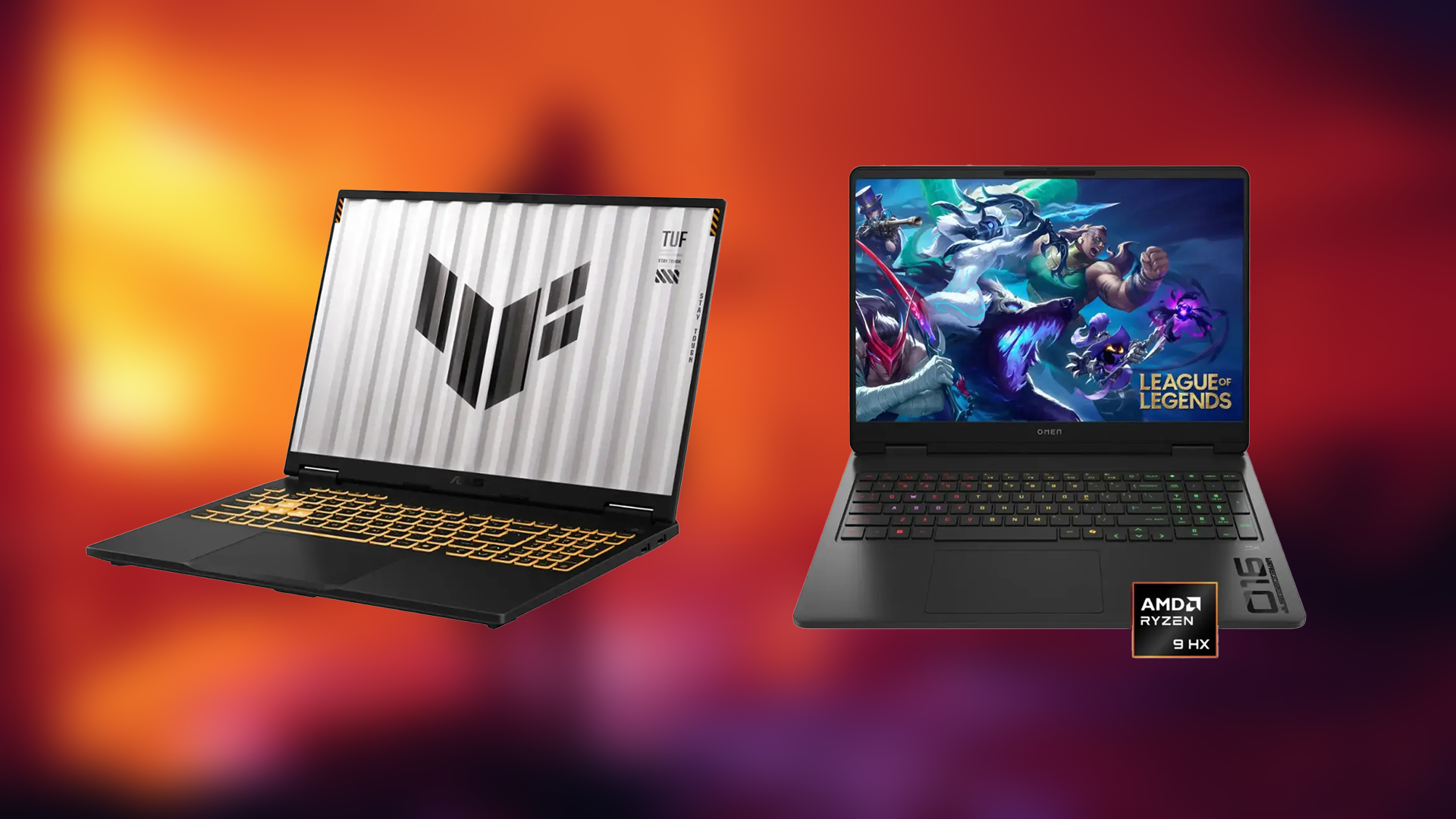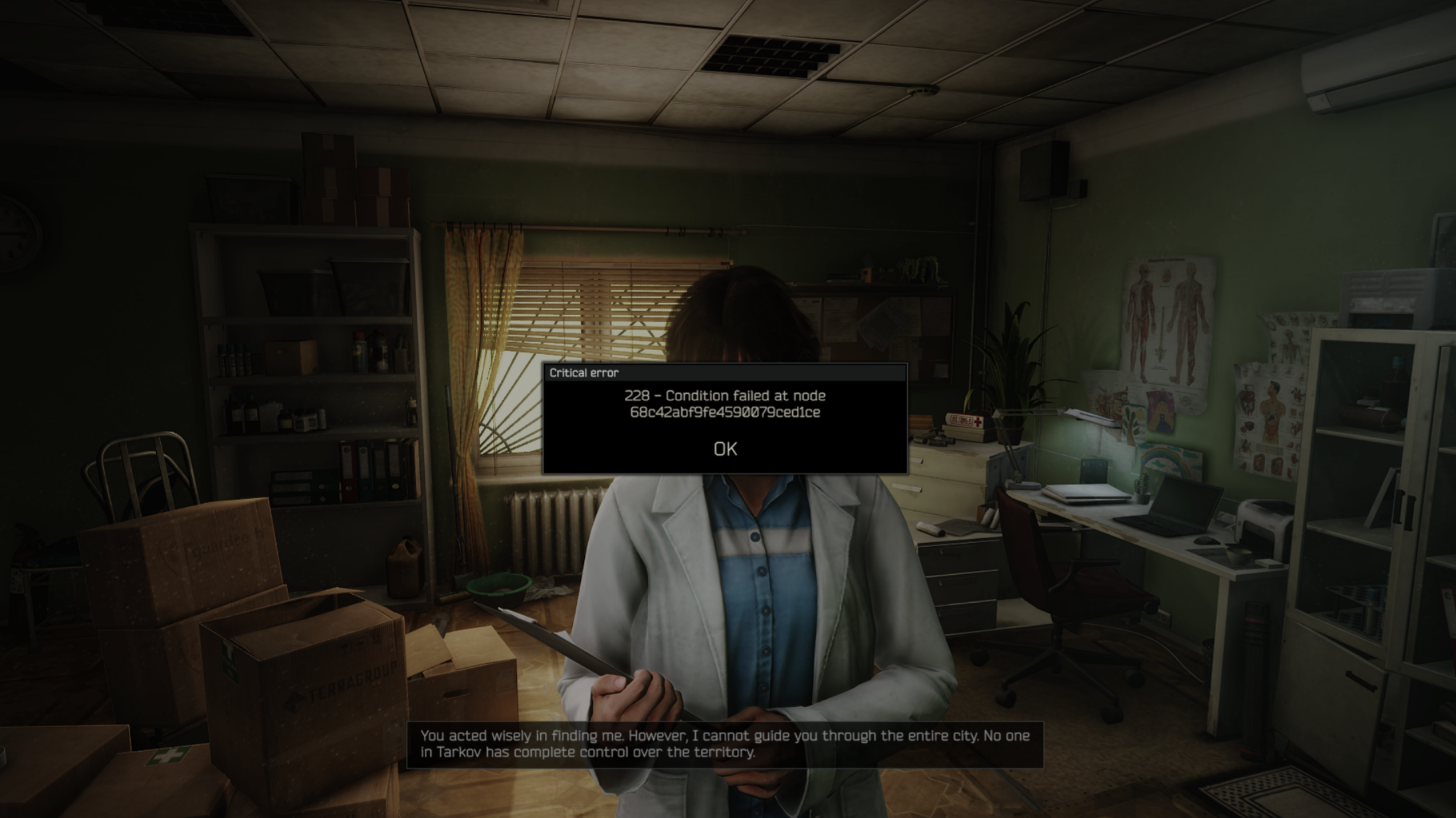This article draws a comparison between RTX 5060 Ti and RTX 4070, regarding specs, price, performance, and more.
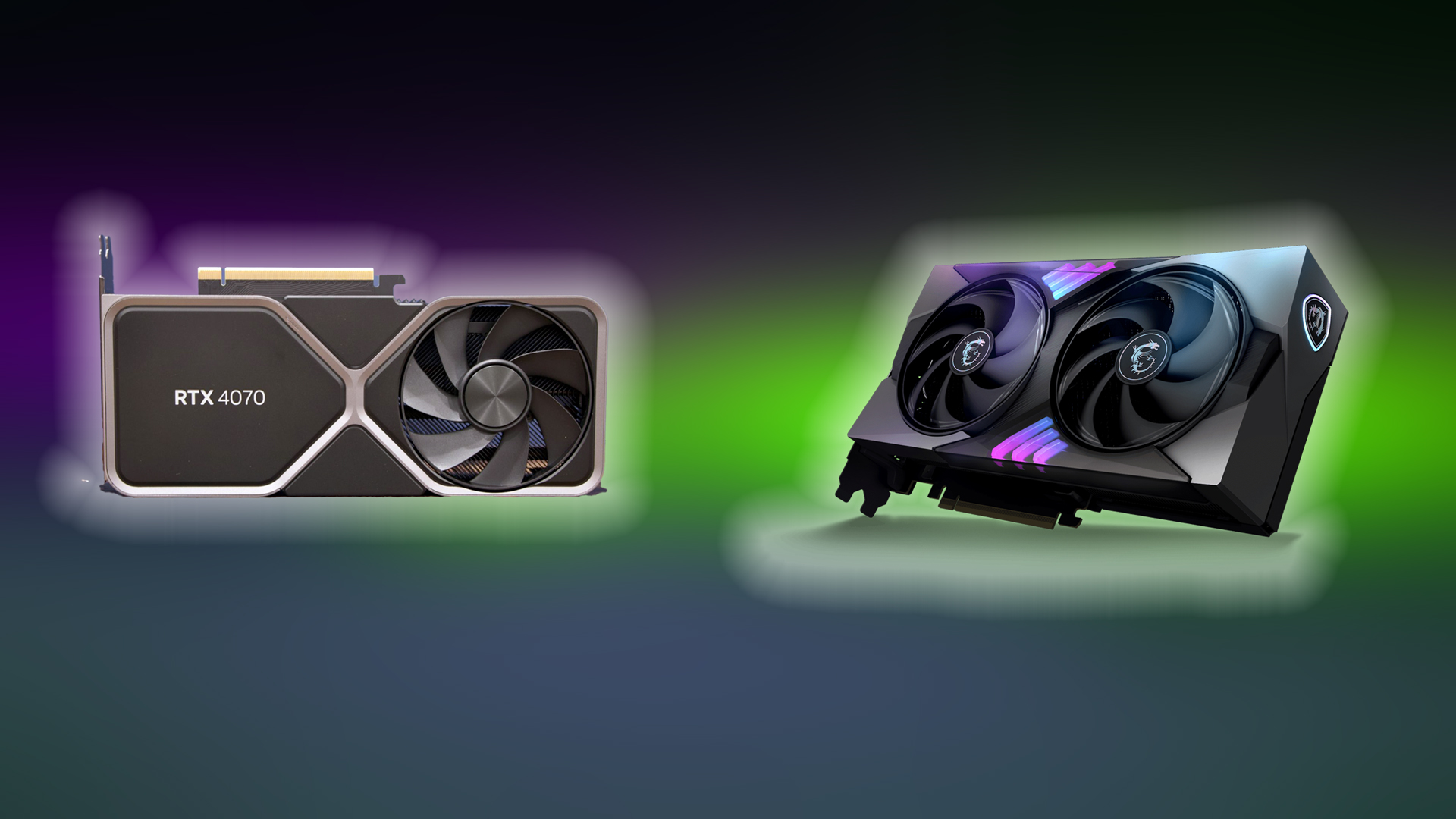
The GPU market continues to introduce new products for gamers and AI enthusiasts. With the launch of the new Blackwell 16GB 5060 Ti, many gamers are wondering how this new mid-range card compares to the RTX 4070. This article will help you decide whether the 16GB of VRAM option is compelling or a hard pass for AI-related workloads, video editing, or just gaming.
Note – All performance estimates are theoretical and derived from publicly available specifications. Actual results may vary depending on the manufacturer, cooling solution, and system configuration.
NVIDIA GeForce RTX 4070 Founders Edition vs RTX 5060 Ti 16GB
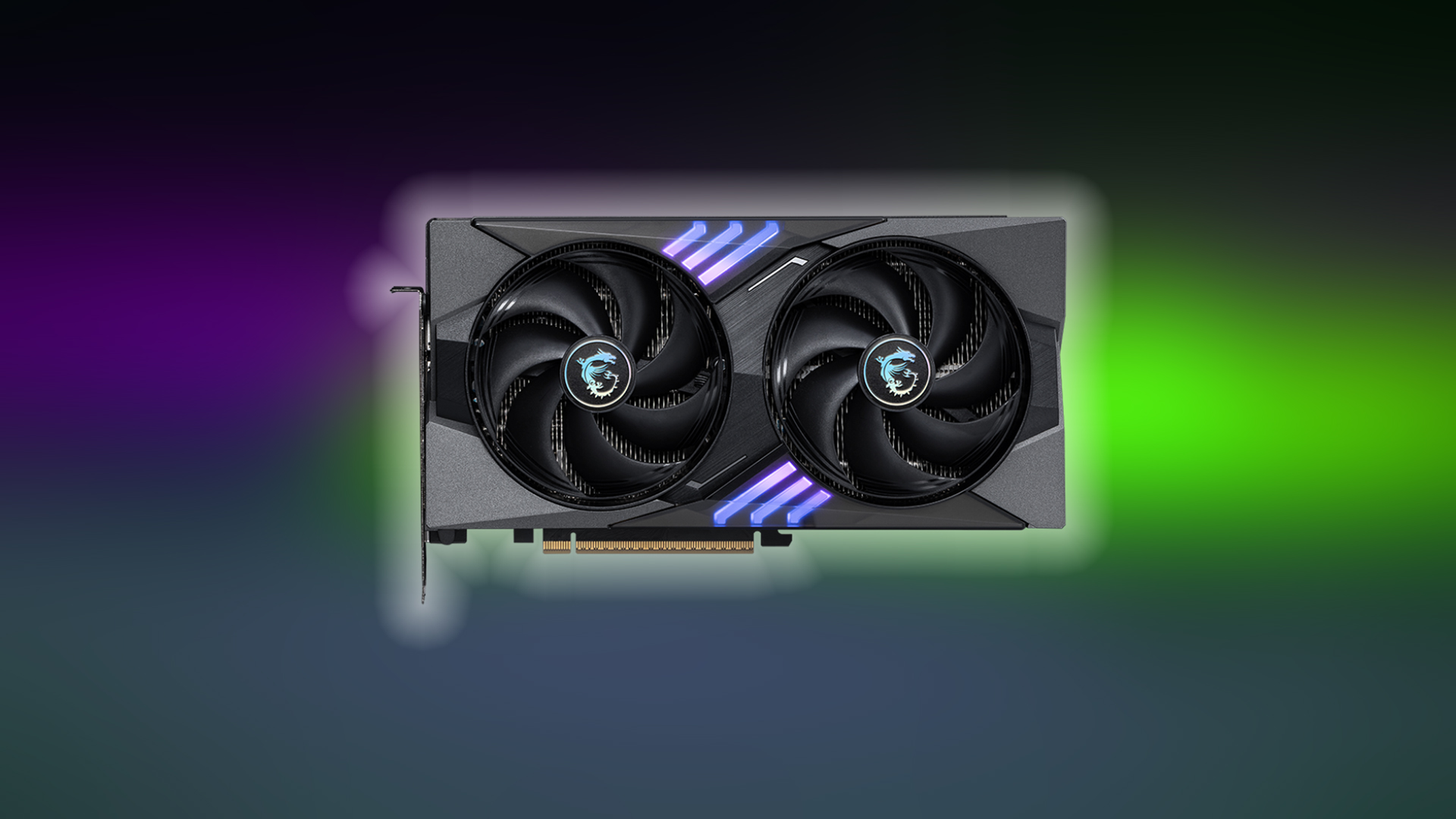
On paper, as shown below, the RTX 4070 features more CUDA cores and a wider memory bus, while the RTX 5060 Ti has higher clock speeds, a newer architecture, and more VRAM in its 16GB variant. The math is simple: more cores deliver more performance, but they also demand more VRAM to support that capability. On the other hand, the 5060 Ti incorporates an x8 bus, which, in theory, matches the PCIe Gen 4.0 x16 speed.
Official Specifications & Theoretical Performance
| Category / Specification | RTX 4070 Founders Edition | RTX 5060 Ti (Reference, 16GB) |
| GPU Architecture | Ada Lovelace | Blackwell 2.0 |
| GPU Name / Variant | AD104 / AD104-250-A1 | GB206 / GB206-300-A1 |
| Process / Foundry | 5 nm (TSMC) | 5 nm (4N FinFET, TSMC) |
| Transistor Count | 35,800 million | 21,900 million |
| Die Size | 294 mm² | 181 mm² |
| Launch Date | April 13, 2023 | April 16, 2025 |
| Launch Price (USD) | $599 | $429 |
| Bus Interface | PCIe 4.0 x16 | PCIe 5.0 x8 |
| Base / Boost Clock | 1920 / 2475 MHz | 2407 / 2572 MHz |
| Memory Size | 12 GB | 16 GB |
| Memory Type | GDDR6X | GDDR7 |
| Memory Bus Width | 192-bit | 128-bit |
| Memory Speed (Effective) | 21 Gbps | 28 Gbps |
| Memory Bandwidth | 504.2 GB/s | 448.0 GB/s |
| CUDA / Shading Units | 5,888 | 4,608 |
| TMUs / ROPs | 184 / 64 | 144 / 48 |
| SM Count | 46 | 36 |
| Tensor Cores / RT Cores | 184 / 46 | 144 / 36 |
| L1 Cache (per SM) | 128 KB | 128 KB |
| L2 Cache | 36 MB | 32 MB |
| TDP | 200 W | 180 W |
| Suggested PSU | 550 W | 450 W |
| Outputs | 1x HDMI 2.1, 3x DP 1.4a | 1x HDMI 2.1b, 3x DP 2.1b |
| DirectX / OpenGL / Vulkan | 12 Ultimate / 4.6 / 1.3 | 12 Ultimate / 4.6 / 1.4 |
| Shader Model | 6.8 | 6.8 |
Theoretical Performance Comparison
| Theoretical Metric | RTX 4070 Founders Edition | RTX 5060 Ti (Reference, 8GB) |
| FP32 Compute | 29.15 TFLOPS | 23.70 TFLOPS |
| FP16 Compute | 29.15 TFLOPS | 23.70 TFLOPS |
| FP64 Compute | 455.4 GFLOPS | 370.4 GFLOPS |
| Pixel Rate | 158.4 GPixel/s | 123.5 GPixel/s |
| Texture Rate | 455.4 GTexel/s | 370.4 GTexel/s |
Pros and Cons of RTX 5060 Ti and RTX 4070
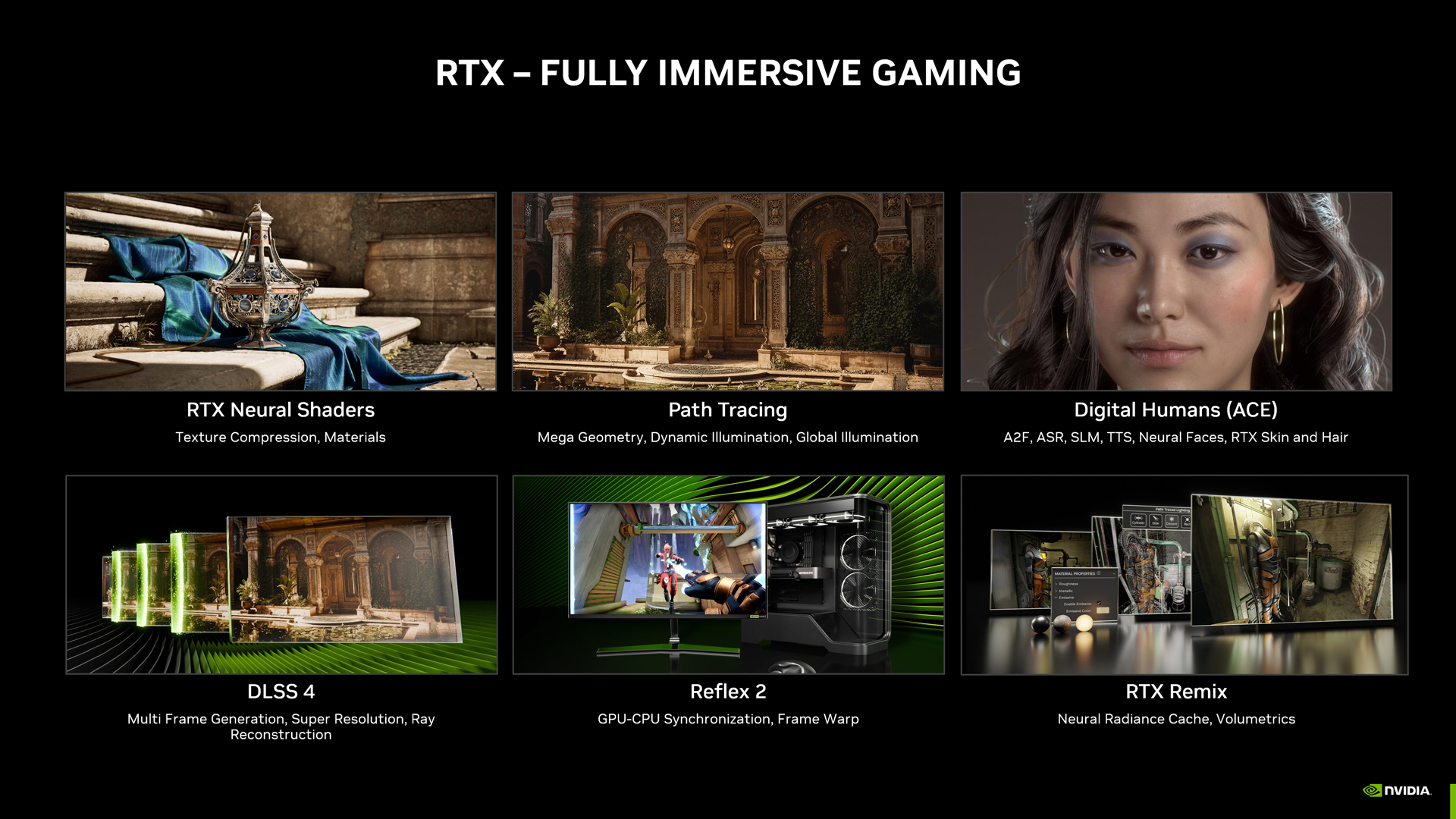
|
RTX 4070 Founders Edition |
RTX 5060 Ti (Reference, 16GB) | |
| Pros |
|
|
|
Cons |
|
|
Conclusion
In summary, the 5060 Ti is a great GPU to start with, and in this time period, it’s a breath of fresh air. The Gen on Gen upgrade might appear stagnant, but the 5060 Ti is around 10% slower than the 4070, which can be mitigated with an overclock. Our recommendation favors the 5060 Ti over the RTX 4070, as the performance gap between the two can be mitigated through tuning. The higher VRAM (16GB) allows for higher texture settings without running out of it.
Looking For More Related to Tech?
We provide the latest news and “How To’s” for Tech content. Meanwhile, you can check out the following articles related to PC GPUs, CPU and GPU comparisons, mobile phones, and more:
- 5 Best Air Coolers for CPUs in 2025
- ASUS TUF Gaming F16 Release Date, Specifications, Price, and More
- iPhone 16e vs iPhone SE (3rd Gen): Which One To Buy in 2025?
- Powerbeats Pro 2 vs AirPods Pro 2: Which One To Get in 2025
- RTX 5070 Ti vs. RTX 4070 Super: Specs, Price and More Compared
- Windows 11: How To Disable Lock Screen Widgets
 Reddit
Reddit
 Email
Email
